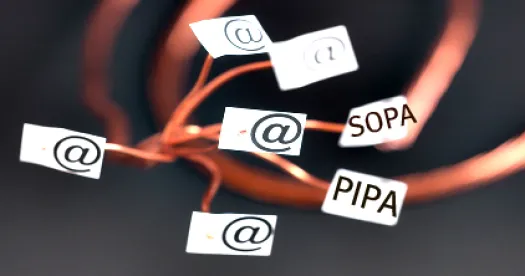On April 13, the US House Committee on the Judiciary (the Committee) voted 28-0 to approve the Email Privacy Act (Act), which would, among other things, require federal authorities to obtain a warrant from a judge to access all emails or other digital communications.
The Act would amend the Electronic Communications Privacy Act of 1986 (1986 Act), which prohibits providers of remote computing services or electronic communication services from knowingly divulging to government entities the contents of any communication that is in electronic storage or otherwise maintained by a provider, subject to certain exceptions. Under the 1986 Act, as currently in effect, law enforcement and civil agencies may request such communications so long as they are more than 180 days old (and considered abandoned property) with only a subpoena. Unlike warrants, subpoenas can be issued without proof of probable cause. The Act would now require government authorities to obtain a warrant before requiring providers to disclose the content of such communication, regardless of how long the communication has been held in electronic storage.
Furthermore, the 1986 Act currently does not distinguish between content disclosed to the public, such as website advertisements, and content disclosed only to a specific individual or small group, such as emails and texts. The Act would clarify that commercial public content can be obtained through less rigorous processes that do not require a warrant.
Although the Act as originally proposed would have required government officials to directly notify suspects within 10 days of a warrant’s service, the Committee introduced amendments to remove these requirements from the Act and instead permit providers to notify the suspects. As a precautionary measure, the Act would also allow government officials to apply for an order directing providers to refrain from providing any such notice for a stated period of time.
The House majority leader has indicated that the bill should be subject to a full vote in the week of April 25. If the bill passes the House, it will then be brought before the Senate.




 />i
/>i

